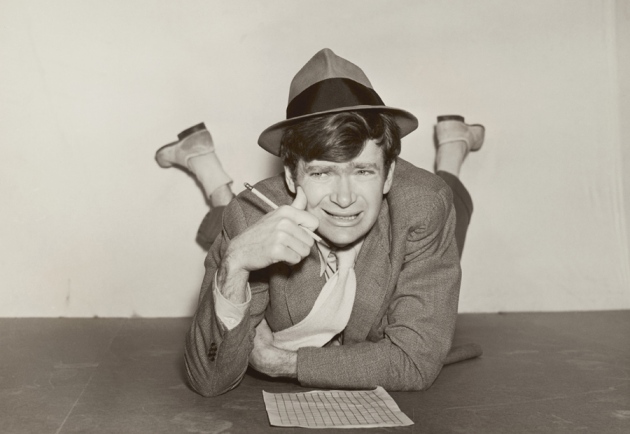From Nature:
Study on decision-making stokes controversy over power of distracted mind.

John Springer Collection/Corbis
Under debate: can solving an unrelated puzzle help someone make a complex decision?
If you have to make a complex decision, will you do a better job if you absorb yourself in, say, a crossword puzzle instead of ruminating about your options? The idea that unconscious thought is sometimes more powerful than conscious thought is attractive, and echoes ideas popularized by books such as writer Malcolm Gladwell’s best-selling Blink.HT: Marginal Revolution
But within the scientific community, ‘unconscious-thought advantage’ (UTA) has been controversial. Now Dutch psychologists have carried out the most rigorous study yet of UTA — and find no evidence for it.
Their conclusion, published this week in Judgement and Decision Making, is based on a large experiment that they designed to provide the best chance of capturing the effect should it exist, along with a sophisticated statistical analysis of previously published data1.
The report adds to broader concerns about the quality of psychology studies and to an ongoing controversy about the extent to which unconscious thought in general can influence behaviour. “The bigger debate is about how clever our unconscious is,” says cognitive psychologist David Shanks of University College London. “This carefully constructed paper makes a great contribution.” Shanks published a review last year that questioned research claiming that various unconscious influences, including UTA, affect decision making2.
A typical study probing UTA asks subjects to make a complex decision, such as choosing a car or a computer, after either mulling over a list of the object’s attributes or viewing the list quickly and then engaging in a distracting activity such as a word puzzle. However, such studies have drawn different conclusions, with about half of those published so far reporting a UTA effect and the other half finding none.
Proponents of the theory claim that the effect is exquisitely sensitive to experimental variations, and often attribute the negative results to the fact that many research groups varied elements of the set-up, such as the choice of puzzle used for the distraction3. Critics say that the positive results came from having too few participants in the experiments....MORE
Ya gotta love the deeper dive:
Related stories